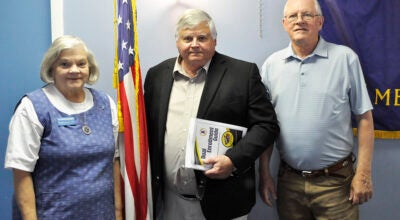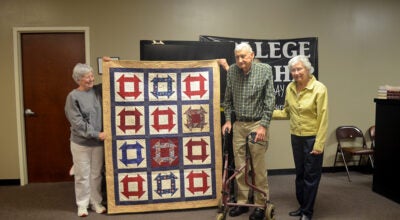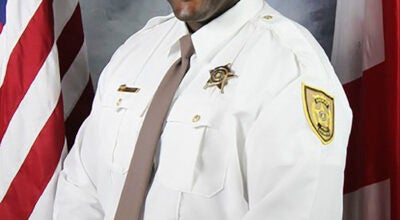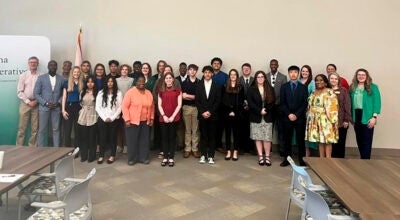Bentley reflects on 9/11 lessons learned
Published 11:00 pm Thursday, September 8, 2011
On the morning of September 11, 2001, Dr. Robert Bentley was seeing patients in his office when a nurse came in and said a plane had crashed into the World Trade Center tower.
No one in Bentley’s office realized at the time that the world they knew was forever changed in those few hours on that bright, sunny fall morning.
And, Bentley had no idea that, on the 10th anniversary of “9/11” that he would be the governor of Alabama who had guided his state through the worst natural disaster in its history.
Bentley was the featured speaker at the state’s special 9/11 remembrance service Thursday at Troy University’s Trojan Arena. The service recognized the importance of preparedness and of remembering the 9/11 terrorist attacks and those impacted by them.
Bentley was on the sideline during the terrorist attacks of 9/11. He, like most all Americans, watched at home as first responders rushed to the scene and then as the World Trade Center Towers came tumbling down.
He, like most Americans, gained a deeper appreciation for those who risk their lives for others. But on April 27, 2011, as the governor of the “Great State of Alabama” his appreciation and respect for those men and women became even greater.
“There’s no book written on how to be a governor,” Bentley told the gathering of students, city and county officials and community members. “There’s no book that tells you what to do when your state has experienced 6,400 miles of utter destruction and the loss of 250 lives. You can never really be prepared for anything like that.”
To make it through a disaster situation of such magnitude, there has to be a plan, a sense of urgency and an approach with great compassion.
That was the way that Alabama responded when 60 tornadoes ripped though the state on April 27.
“Whether it’s a man-made disaster or a natural disaster, you have to be prepared,” Bentley said. “The first responders did their job and they made my job easier. When you’ve got good people, they make the people at the top look good.”
Bentley praised the first responders who answered the call on 9/11 and on April 27 and those who now stand ready for any situation that arises.
“We never know what might happen or when,” he said. “On 9/11, there was no such thing as ‘homeland security.’ But now Homeland Security is “home” and it is most important that we realize that we rely on our first responders at home when disaster strikes.
“You can’t replicate a real disaster. But our first responders are preparing and practicing every day to be ready in the event of a disaster or emergency.”
Jon Moss, director of the Governor’s Office on Faith-Based Initiatives, said that the legacy of Sept. 11, 2001 is a Legacy of Preparedness.
And, that legacy will make a difference, if and when, disaster strikes again.
Also participating in the 9/11 remembrance program were Dr. Jack Hawkins, Jr., Troy University Chancellor; Dr. John Schmidt, Senior Vice Chancellor for Advancement and External Relations; Art Faulkner, director of the Alabama Emergency Management Agency; and Spencer Collier, director of the Alabama Department of Human Services.





